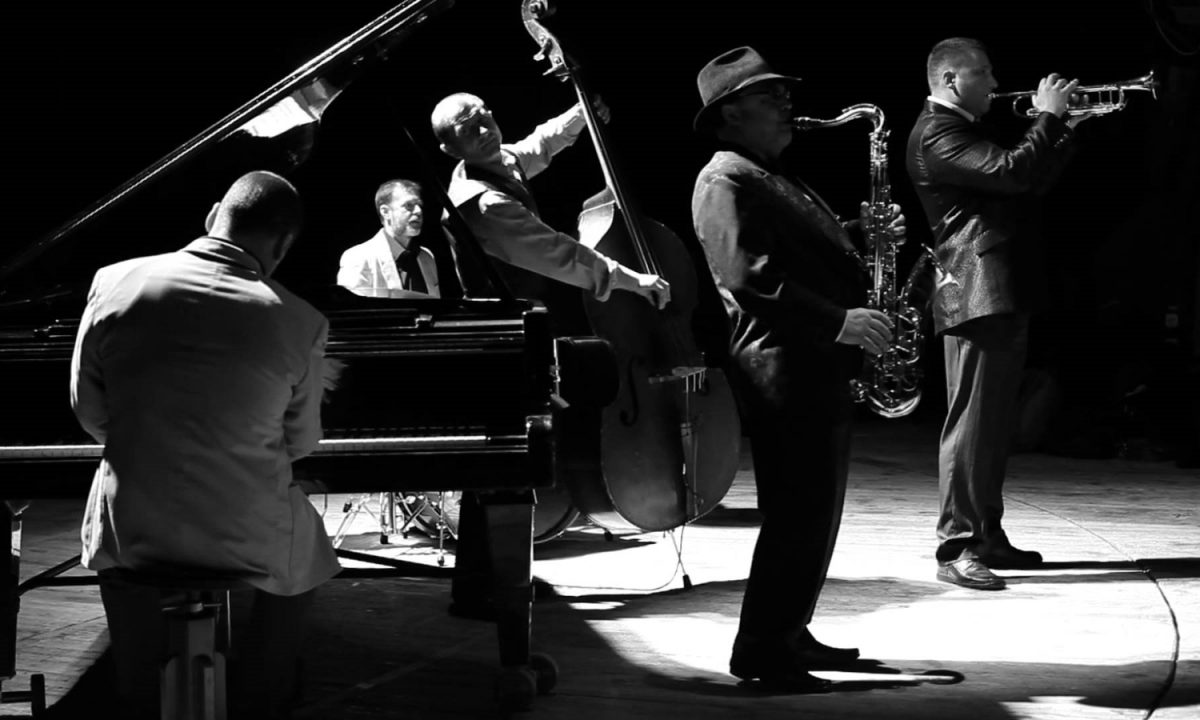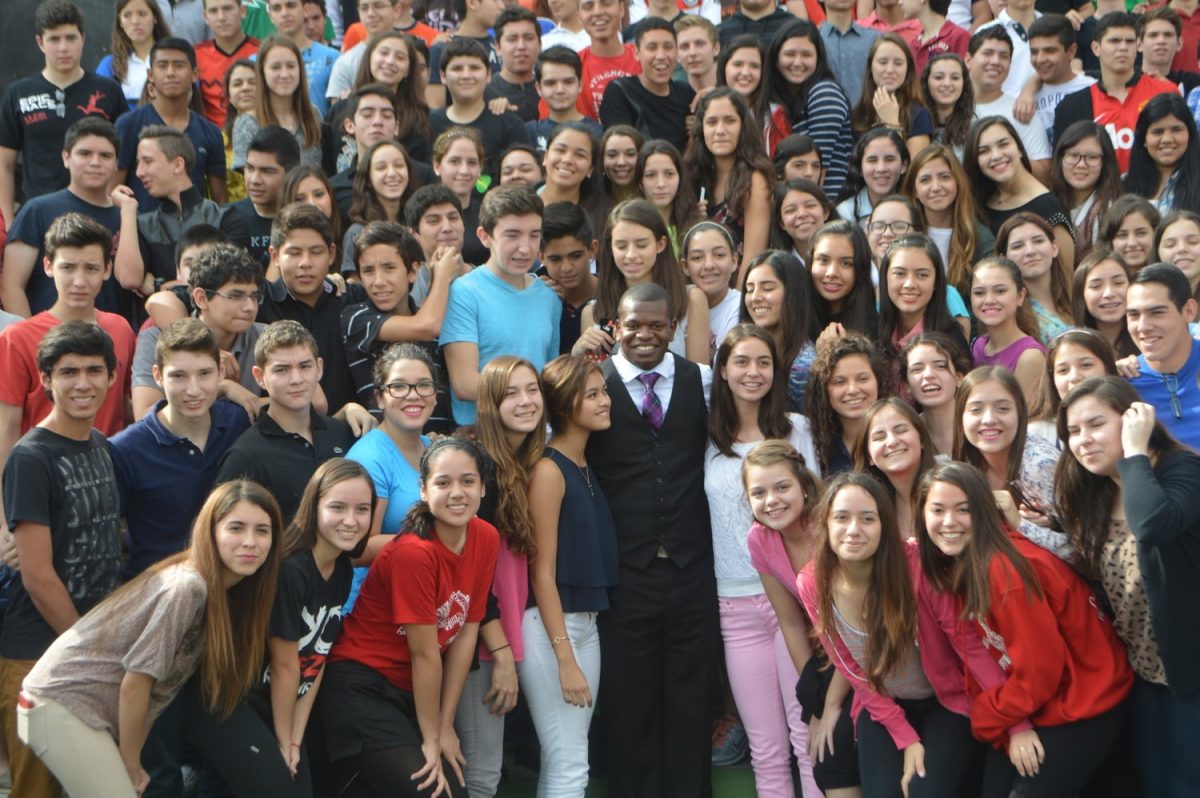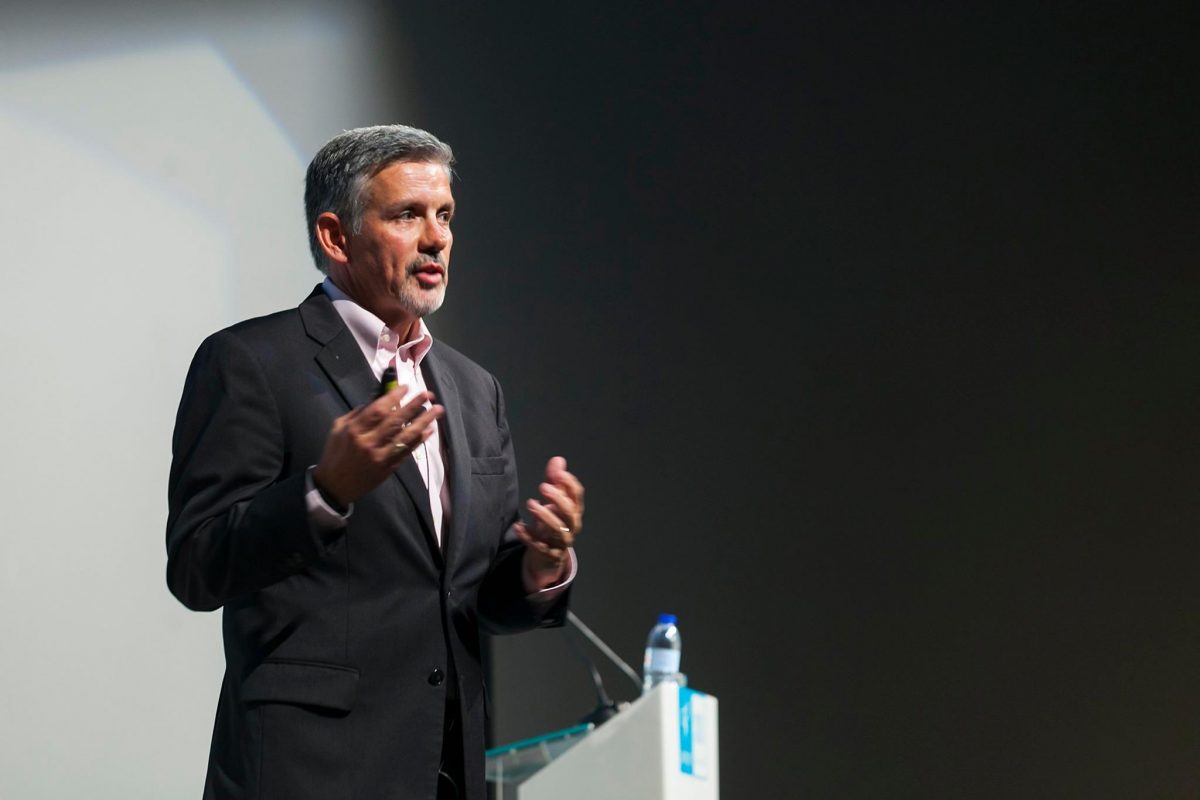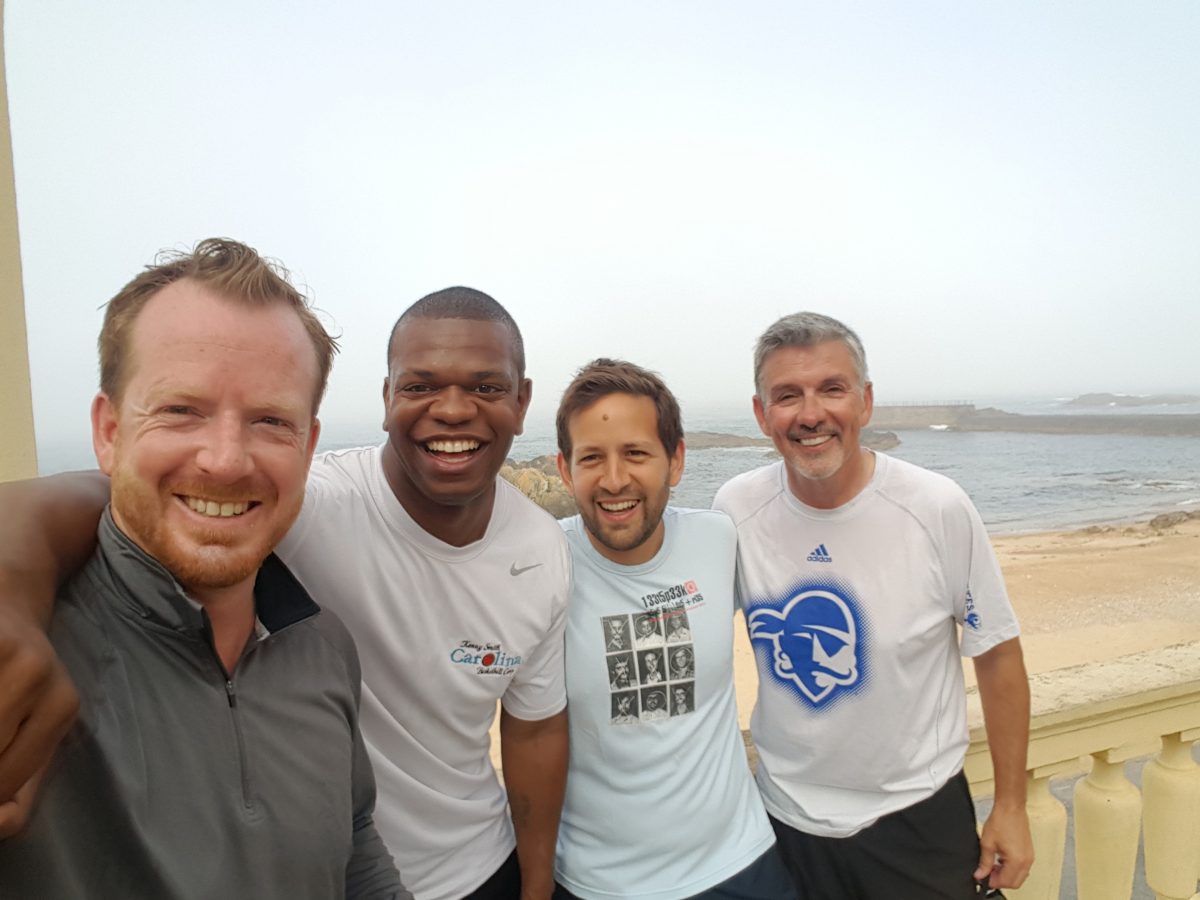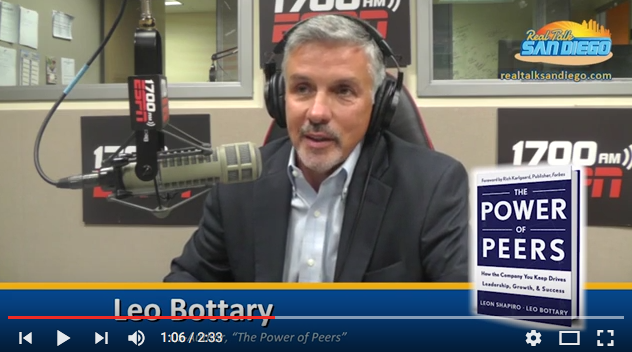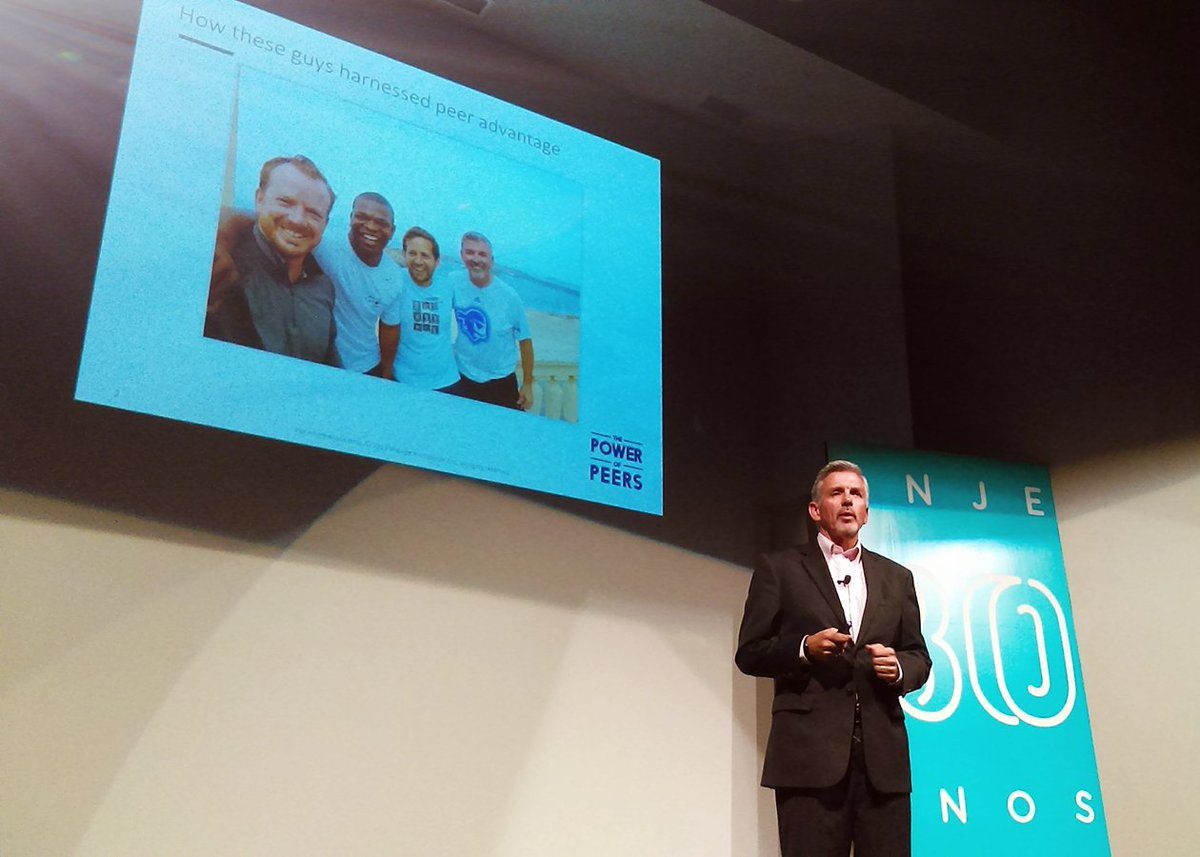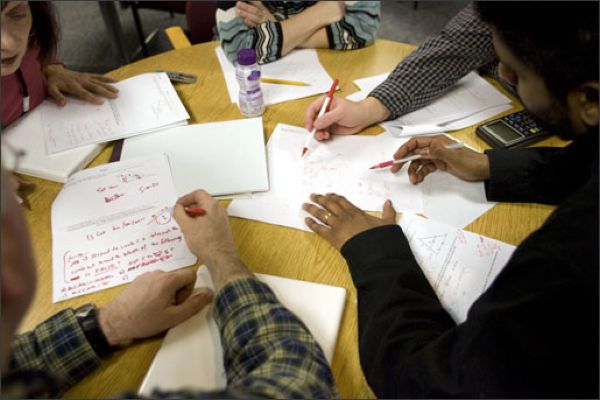Back on May 8th, I posted a review of Jim Kouzes’ and Barry Posner’s new book, Learning Leadership. I not only highly recommend the book for anyone who is a student of leadership (which is most of us I imagine), but also because I appreciate the bright light the authors shined on the value of engaging the support of others. This is where peer advantage meets learning leadership.
It’s been my experience that there’s no silver bullet to becoming a great leader nor to achieving greatness at anything for that matter. It typically involves an ensemble of activities and the generous support of others. The authors’ ensemble for learning leadership involves believing in yourself, aspiring to excel, challenging yourself, engaging support and practicing deliberately. Engaging support is where they see life as a team sport, stating that no one who has ever been great at anything achieved it alone. Here’s how Kouzes and Posner opened Part V of their book Learning Leadership:
“You can’t learn to become the best leader all by yourself. The top performers in every endeavor, including leaders, all seek out support, advice, and the counsel of others. That has a lot do with why they turn out to be the most successful.”
Kouzes and Posner also go so far as to suggest that you form your own personal board of directors – 4 to 7 people who have diverse skills sets – who care about your success, provide you the advice you need, and help you meet the tough challenges and achieve the lofty goals you’ve identified for yourself and your organization. Based on personal experience, this is a winning strategy that is both easy and effective, yet too few people do it.
The Power of Peers: How the Company You Keep Drives Leadership, Growth & Success, which I coauthored with Leon Shapiro, explores the value of engaging the support of others, while recognizing that it’s just one instrument in the learning leadership ensemble. Since writing the book, I’ve been speaking throughout the U.S. and abroad, playing my small part by touting the value of engaging the support of others. I invite you to join Kouzes and Posner in their lifelong quest to develop more and better leaders throughout the world – only together will we be successful.
*Photo from http://alvinband.squarespace.com/overview-1-1-2/

